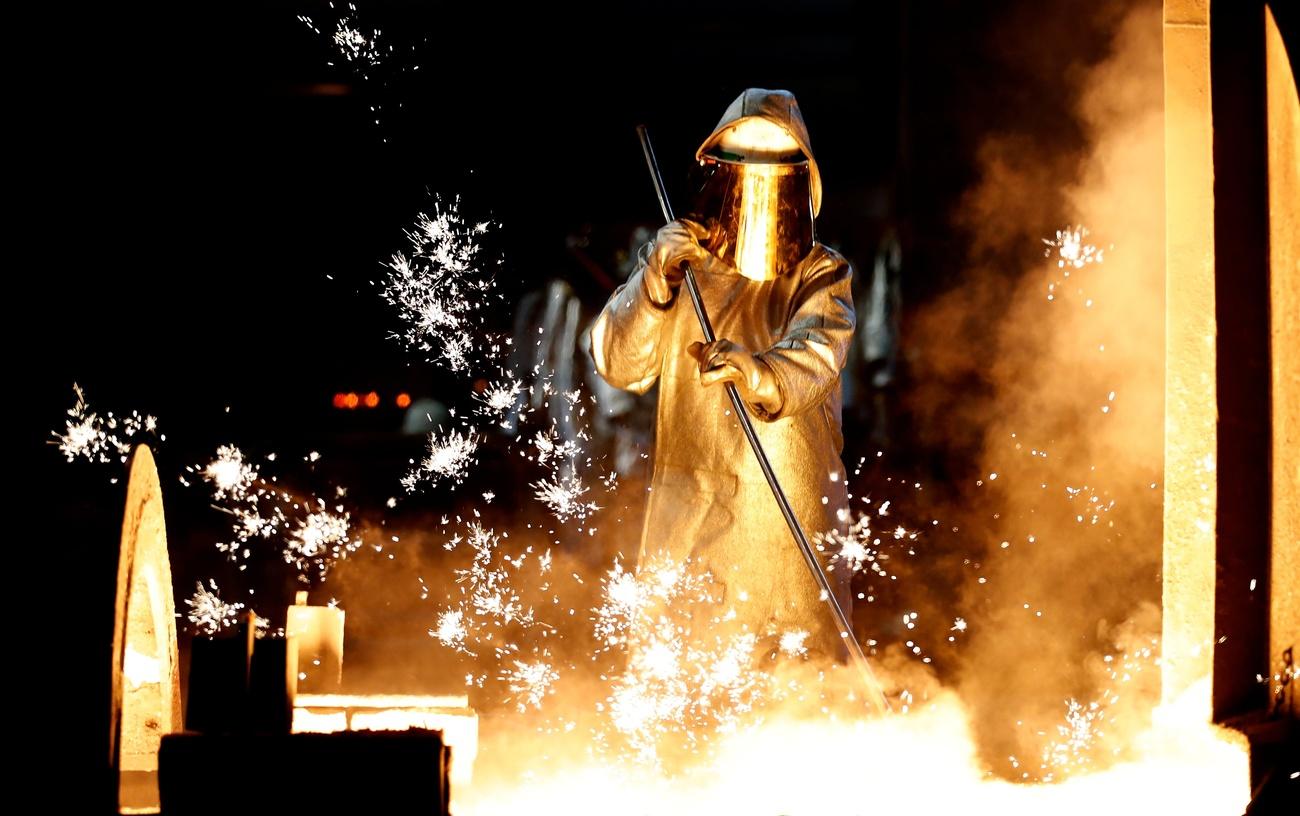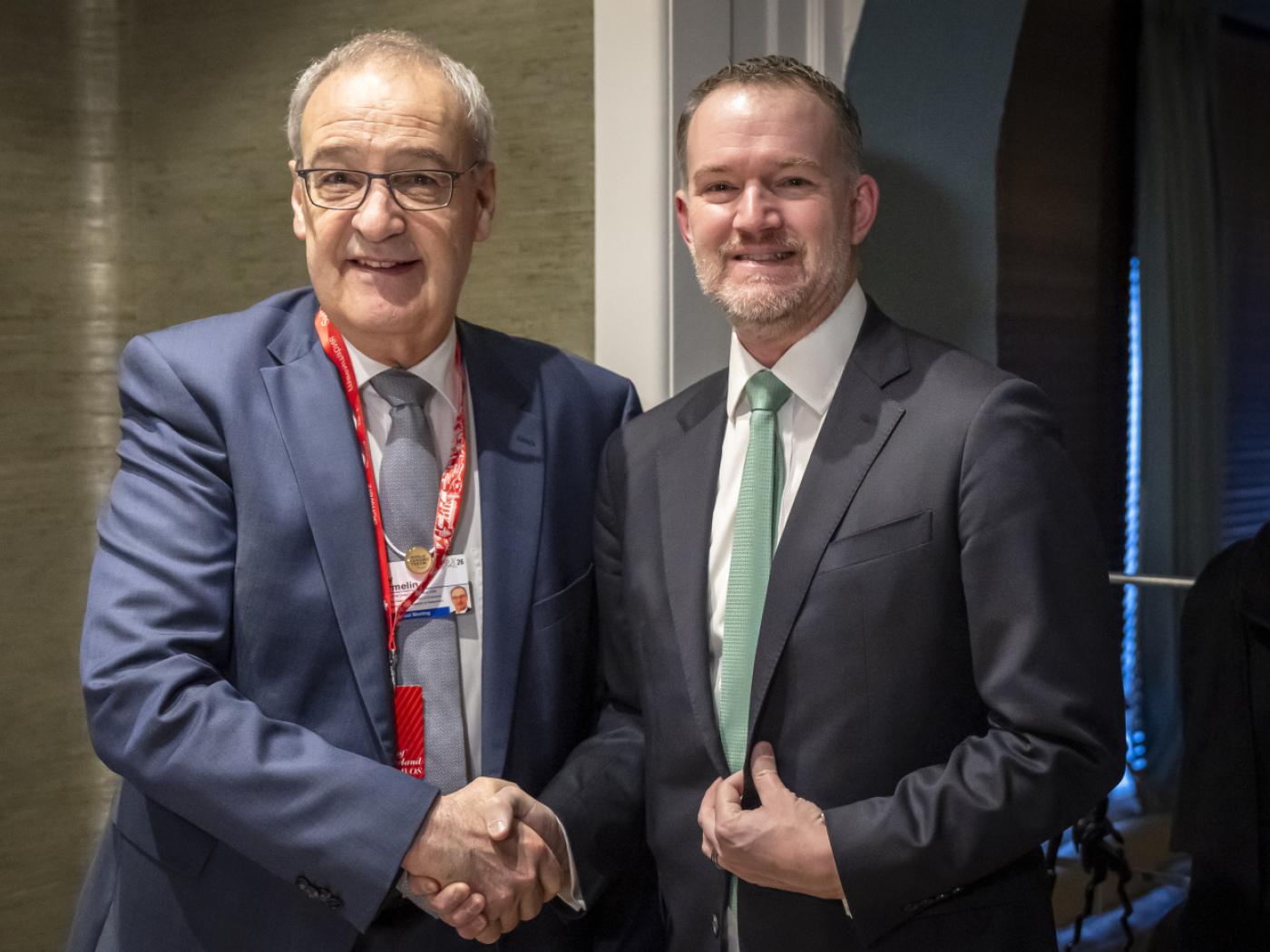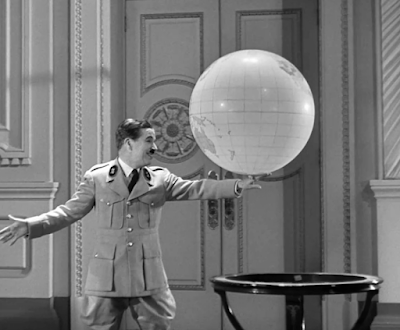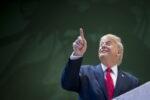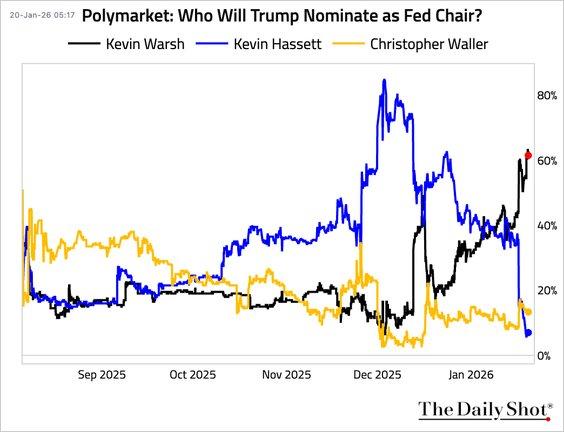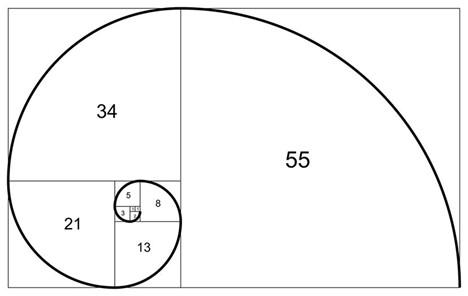In his review of F.A. Hayek’s Constitution of Liberty, Murray Rothbard takes issue with the Hayekian case for freedom, which rests solely on human ignorance. On this view, reason is dogmatic and tends to lead to totalitarianism, with arrogant despots claiming they have the knowledge to rationally and efficiently plan the social order. As Joe Salerno has shown, Ludwig von Mises took a different approach.
In contrast to the Hayekian stress on “spontaneous order,” “evolved rules,” and the “unintended consequences of human action,” Mises was a strict rationalist, emphasizing the necessity of the public rationally grasping the benefits brought about by a free-market economy, along with the dangers and destructiveness of state interventionism. As good Misesians and rationalists, we’re free from having to posit any shaky arguments which stem from collective human incredulity . . . or are we?
During his speech at the commemoration of the seventy-fifth anniversary of Human Action, Robert Murphy took time to discuss Mises’s account of the philosophy which lays the foundation for praxeology in his view. The specific part of that discussion which contains his defense of methodological dualism is the relevant part for this article.
In contrast to scientism, which sets the methodology of the physical sciences as the standard across the board, praxeology rests on a methodological dualism between the physical and social sciences, founded on the insight that man must be analyzed differently from atoms, molecules, plants, stones, etc. The distinctive attribute of man that creates the necessity of such dualism is his volition—the ability to select between two or more courses of action under any given circumstances. The starting axiom of praxeology is “man acts.” Such action is distinct from mere behavior. Mere behavior is mechanistically determined and therefore purposeless, as the reason a nonvolitional being did X is not because it had a certain goal and saw doing X as a prerequisite for achieving said goal but because the laws of mechanics caused it to do X. Action, on the other hand, is defined as purposeful behavior. It presupposes purpose, means and ends, choices, and uncertainty of the future. Man’s volition, and his capacity to engage in purposeful behavior brought about by said volition, is what makes the science of praxeology possible and necessary.
Having established this, we now turn to Mises’s account of man’s volition and how it relates to praxeology. In his seminal work Human Action, Mises correctly establishes the universality of the law of cause and effect and correctly identifies it as a precondition of action. Here is where the age-old question “If causality is a universal law, where does man’s supposed volition fit into it?” arises. The way Mises answers that question is by simply saying, “It doesn’t.” According to Mises, man’s will is “not ‘free’ in the metaphysical sense of this term. It is determined by his background and all the influences to which he himself and his ancestors were exposed.” If volition is out of the picture, how can the science of praxeology be maintained? Mises’s answer rests on the fact that the natural sciences are not yet in a position to give a causal, mechanistic explanation of mental phenomena. He writes that “no bridge connects—as far as we can see today” the world of “physical, chemical and physiological phenomena” with the world of “thought, feeling, valuation and purposeful action.” In his words, “We do not know why” identical external causes sometimes produce different human responses or vice versa. He goes as far as to say that maybe one day, the natural sciences will be able to explain human ideas and behaviors in the same way that they explain, say, a chemical reaction. For reasons already explained, under those hypothetical conditions, methodological dualism would have to be tossed aside. For Mises, “the present state of our knowledge” (or, more accurately, the supposed lack thereof) is what commits us to a dualistic approach, not as a philosophical explanation but as a methodological device.
This view is more or less adopted by Misesians such as Hans-Hermann Hoppe, Robert Murphy, and Stephan Kinsella. The difference is that Murphy and Hoppe don’t rule out the possibility of man having volition, and Hoppe denies the possibility of any scientific advance being able to “alter the fact that one must regard one’s knowledge and actions as uncaused.” Following Mises, he says that, from the perspective of a god or any other superhuman intelligence, human behavior could be completely predictable and known in advance, but to us as humans, it is unavoidable to posit the existence of actions directed by a mind when observing ours and other humans’ behavior. This line of thinking is also present in Murphy and Kinsella.
Unlike Hayek, Mises didn’t rest his case for freedom on the basis of human ignorance, but as we’ve seen, he certainly did so with praxeology, with potentially disastrous consequences. Consider the cornerstone of praxeology: the action axiom. If man is not a volitional being, the assertion that “man acts” is simply nonsense. That firm statement would have to be “corrected” into what, at best, would sound something like, “Man doesn’t actually act but we can’t escape the fact that we have to perceive man as acting.”
Mises did say that the action axiom is an “ultimate given,” but he also stated, “The progress of scientific research may succeed in demonstrating that something previously considered as an ultimate given can be reduced to components”—which is precisely the position that the concept of human action occupies under determinism. Take the basic validation of the action axiom: that one must affirm it upon attempting to deny it. Under mechanistic determinism, no such thing as “denying” anything exists—only the uttering of sounds brought about by the laws of mechanics, so the validation of the axiom could not be done on those grounds.
Philosophically, praxeology cannot survive under any deterministic paradigm. All it can do to acquire any breathing room in such a case is hide behind human incredulity. Anybody who isn’t satisfied with praxeology occupying this feeble position has the task of a philosophic validation of man’s volition if he wants to ground the science not just methodologically for the time being but philosophically for all time.
Firstly, a false dichotomy which inevitably rears its head in every determinism versus free will discussion will have to be cleared up: the causality/volition dichotomy. When Hoppe said that “one must regard one’s knowledge and actions as uncaused” as opposed to determined, he demonstrated his acceptance of this dichotomy by the use of the word “uncaused.” The two options the dichotomy presents are either a belief in universal causality—in which case every behavior is determined by prior events and volition is out—and volition, which is held to be a magical exception to causality. This is a false alternative, and the basic error of its proponents lies in their faulty conception of causality.
The proper conception of causality relates an entity to its actions, not antecedent events to their necessary consequent events. Properly understood, the law of causality states that all entities must act according to their natures. Once this is grasped, the issue of reconciling volition with causality completely disappears. Every action has a cause, and the same cause has the same effect. But every action is the action of an entity, and the types of actions an entity can perform is determined by its nature. It is not impossible, therefore, for an action caused by an entity’s nature to be a choice between two or more possible alternatives. This would be a self-directed action, only possible to a volitional consciousness, which human beings possess. Notice how this is the only possible framework which makes self-directed action possible. If we were to consider the idea of “uncaused” volition, whatever actions such volition would produce would be completely random and therefore as out of the control of the acting entity as if it were mechanistically determined.
Finally, any positive argument for determinism must be dismissed as entirely self-refuting. If our ideas don’t automatically conform to reality (evidenced by, among other things, the fact that disagreements between people exist) and are determined—and therefore we have no control over which ideas we adopt—how does one ever hope to claim any idea of his as objective knowledge? On the determinists’ own grounds, he cannot choose reality over fantasy and validate any belief he holds—including his belief in determinism. Volition, then, is a precondition of any and all proof and knowledge, thus gaining the status of an incontestable axiom.
With these insights, the action axiom and the rest of praxeology with it can be grounded in metaphysical reality and not just as a subjective category of our minds ready to be explained away via scientific progress.
Full story here Are you the author? Previous post See more for Next postTags: Featured,newsletter
























